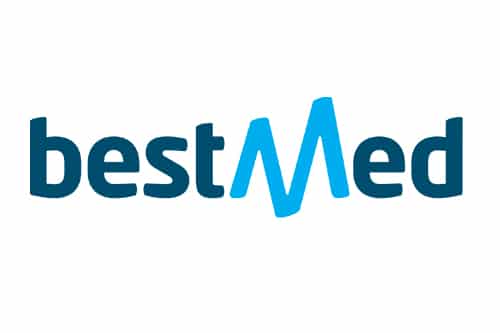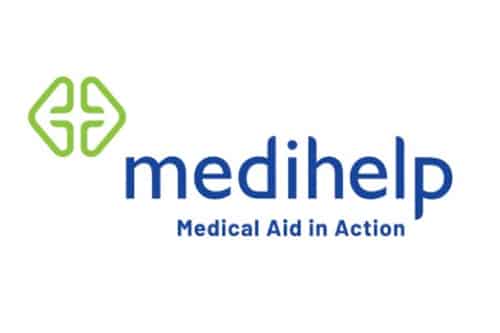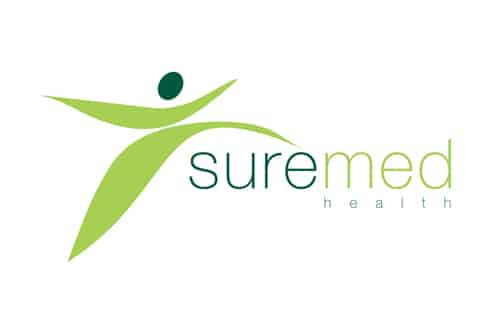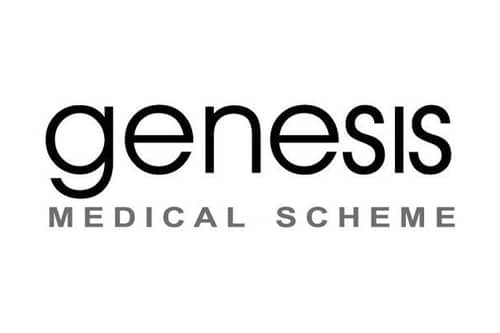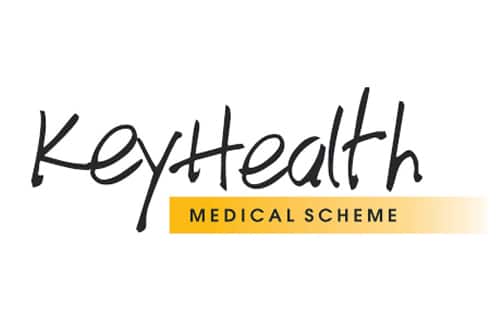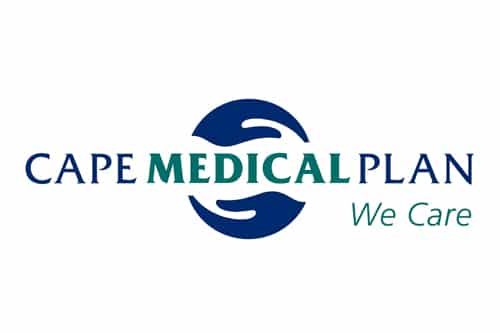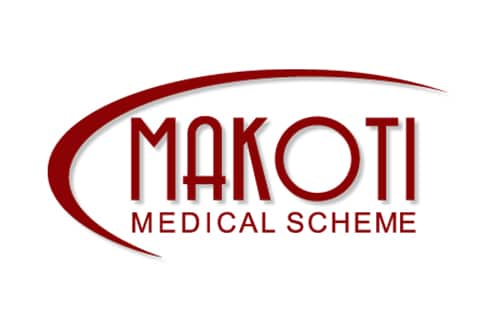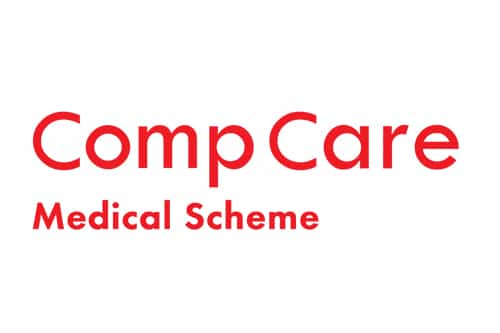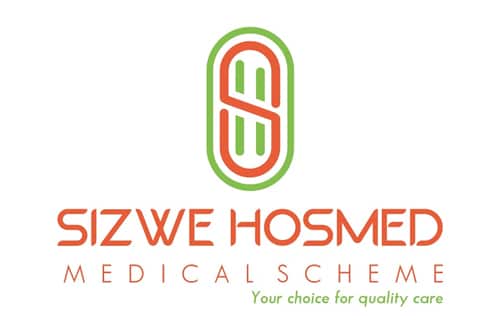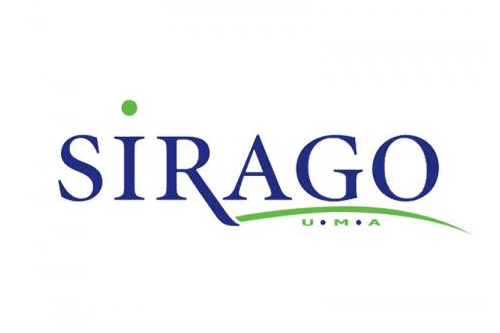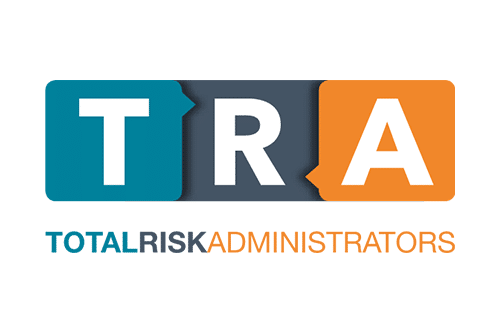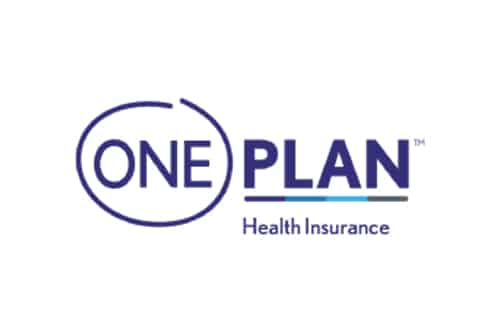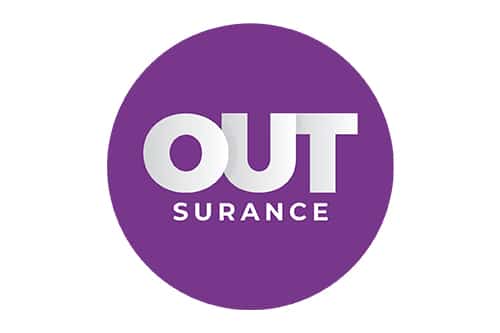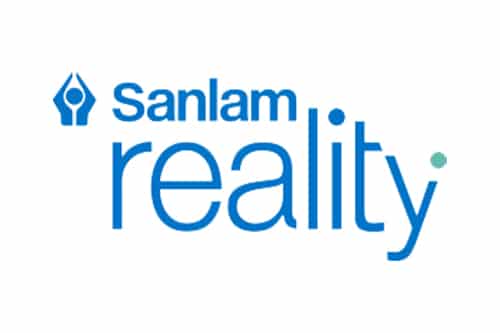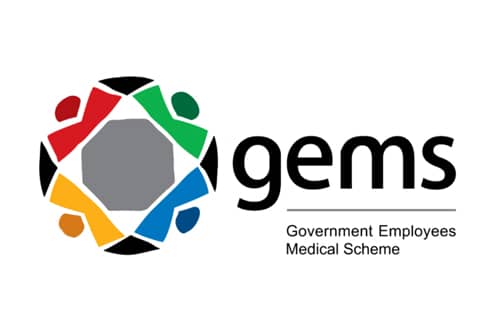Medical Aid Schemes that Cover Bipolar Mood Disorder
Bipolar Disorder, a mental health illness, impact many South Africans. In this article, we seek to furnish readers with an all-encompassing guide about the symptoms and treatment options for this ailment.
We will also provide insight into how different medical aid schemes in the country cover it. Covering Bipolar Disorder under various medical aid plans highlights its gravity and reinforces the importance of readily available affordable treatments.
The Best Medical Aid Schemes that Cover Bipolar Mood Disorder – A Comparison
| 🔎 Provider | 💙 Covers Bipolar Mood Disorder | ☑️ Top Plan Covering Bipolar Mood Disorder |
| 🥇 Discovery Health | ✅Yes | Executive Plan |
| 🥈 Bestmed | ✅Yes | Beat 1 |
| 🥉 Bonitas | ✅Yes | BonStart |
| 🏅 Cape Medical Plan | ✅Yes | HealthPact Silver |
| 🎖️ CompCare | ✅Yes | NETWORX |
| 🏆 FedHealth | ✅Yes | FlexiFED Savvy |
| 🥇 Genesis Medical Scheme | ✅Yes | MED-100 |
| 🥈 Sizwe Hosmed | ✅Yes | Essential Copper |
| 🥉 Keyhealth | ✅Yes | Essence |
| 🏅 Makoti Medical Scheme | ✅Yes | Primary |
| 🎖️ Medihelp | ✅Yes | MedElect Student |
| 🏆 Medimed | ✅Yes | Medisave Essential |
| 🥇 Medshield | ✅Yes | MediCurve |
| 🥈 Momentum Health | ✅Yes | Ingwe |
| 🥉 Suremed | ✅Yes | Shuttle |
| 🏅 Thebemed | ✅Yes | Universal EDO |
The Best Medical Aid Schemes that Cover Bipolar Mood Disorder (2024)
- ☑️ Discovery Health – Overall, the Best Medical Aid Scheme that Covers Bipolar Mood Disorder.
- ☑️ Bestmed – Offers Medication for the Treatment of BPD.
- ☑️ Bonitas – Covers 27 Chronic Diseases
- ☑️ Cape Medical Plan – Provides Affordable Long-Term Healthcare
- ☑️ CompCare – Plans to Suit a Variety of Lifestyles
- ☑️ FedHealth – Provides Digital Tools for Medical Aid Management
- ☑️ Genesis Medical Scheme – South African Based Provider
- ☑️ Sizwe Hosmed – Offers a Member Manual and Benefits Guide
- ☑️ Keyhealth – Quality and Affordable health care
- ☑️ Makoti Medical Scheme – Provides Local Healtcare
- ☑️ Medihelp – Health Care for Individuals and Families
- ☑️ Medimed – Offers a Chronic Medication Benefit
- ☑️ Medshield – Affordable Costs and Thorough Coverage
- ☑️ Momentum Health – Provides an Acute Outpatient Program
- ☑️ Suremed – Provides high-quality Healthcare in South Africa
- ☑️ Thebemed – Tailored Medical Aid Solutions

What is Bipolar Mood Disorder?
Bipolar Disorder, referred to as Bipolar Mood Disorder, is a psychological state distinguished by intense mood oscillations involving elevated emotions (mania or hypomania) and low periods of depression.
Unlike regular ups and downs felt commonly by individuals, these swings severely impact daily routine activities, relationships and general health status.
Due to its misconception in society, leading to stigmatisation and incorrect diagnosis rate, people dealing with this condition must have insight into their complexities so management can be carried out effectively.
Bipolar Mood Disorder Stats in South Africa
Bipolar Disorder is a significant concern in South Africa, though comprehensive statistics are somewhat limited. Here are some facts about Bipolar Mood Disorder in South Africa:
- ✅ Bipolar Disorder had a point prevalence ranging from 0.1% to 3.2% and a lifetime prevalence ranging from 0.0% to 5.2%.
- ✅ Bipolar Disorder affects up to 1% of the South African population.
- ✅ According to the South African Depression and Anxiety Group (SADAG), bipolar Disorder affects 3-4% of South Africans.
- ✅ South African research on mental health, particularly Bipolar Disorder, is limited, with most statistics from international studies.
- ✅ Bipolar Disorder is the world’s sixth leading cause of disability.
The condition is frequently misdiagnosed because of a lack of awareness and the stigma associated with mental health issues.
It is important to note that bipolar Disorder affects people of all ages, ethnicities, and socioeconomic backgrounds, making it a widespread problem that requires the attention of both healthcare providers and policymakers.
Can Bipolar Mood Disorder be cured, and how?
Determining whether bipolar mood disorder can be fully cured is challenging, as no definitive cure exists. Nonetheless, it may be treated using a combination of medication, psychotherapy and adopting lifestyle changes.
Common treatments to alleviate symptoms include administering medications such as antipsychotics, mood stabilisers antidepressants, while Cognitive Behavioural Therapy (CBT), together with other psychological therapies, help teach coping skills crucial in controlling its impact on one’s life.
Early diagnosis and consistent treatment can significantly improve the quality of living among individuals with this psychiatric illness.
Bipolar Mood Disorder Curability and Management
While bipolar mood disorder is not curable in the traditional sense, it is manageable. Management strategies are frequently multifaceted, involving pharmacological treatment, psychotherapy, and lifestyle changes such as stress management and regular exercise.
Support from family and friends and community resources can all play an important role in effectively managing the condition.
In South Africa, medical aid schemes that cover bipolar Disorder are important in providing the financial support required for long-term treatment and management.
Bipolar Mood Disorder Symptoms
Bipolar Mood Disorder has the following typical symptoms:
- ✅ Manic Episodes
- ✅ Depressive Episodes
- ✅ Mixed Episodes
- ✅ Rapid Cycling
- ✅ Irritability and Agitation
- ✅ Impulsivity and Risky Behaviour
- ✅ Cognitive Impairment
- ✅ Sleep Disturbances
Manic Episodes
Individuals have an elevated or irritable mood for at least one week during a manic episode. Some symptoms are increased energy, decreased need for sleep, and excessive talkativeness.
Manic episodes can impair judgment and lead to risky behaviours such as excessive spending or engaging in dangerous activities.
Depressive Episodes
Episodes of depression are marked by profound feelings of sadness, despair, and disinterest in formerly pleasurable activities. These episodes may persist for at least two weeks and show signs like fatigue, appetite alteration, and suicidal ideation.
Mixed Episodes
Symptoms of both mania and depression characterise mixed episodes at the same time or in rapid succession.
This can be especially difficult to manage because the individual may feel energised while also being weighed down by depressive thoughts, resulting in a confusing and volatile emotional state.
Rapid Cycling
Rapid cycling occurs when four or more mood episodes occur within 12 months. This can be especially destabilising, making it difficult to maintain a consistent routine or engage in meaningful relationships.
Irritability and Agitation
Irritability and agitation can occur during manic and depressive episodes but are frequently more severe during manic phases. These symptoms can strain relationships and lead to confrontational or aggressive behaviour.
Impulsivity and Risky Behaviour
Impulsivity is a frequent manifestation during manic episodes. People may indulge in hazardous activities such as substance abuse, reckless driving or promiscuity without considering the aftermath, resulting in severe ramifications on their lives.
Cognitive Impairment
Both manic and depressive episodes can lead to cognitive impairment that hampers concentration, decision-making abilities, and memory. This condition may adversely affect daily activities or even the occupational performance of individuals experiencing it.
Sleep Disturbances
Bipolar Disorder is characterised by sleep disturbances, which can manifest as insomnia during manic episodes or hypersomnia during depressive episodes. Sleep deprivation can exacerbate other symptoms and harm overall well-being.

Bipolar Mood Disorder Treatment
The following are ways in which Bipolar Mood Disorder can be treated:
- ✅ Support Groups
- ✅ Hospitalisation
- ✅ Lifestyle Modifications
- ✅ Electroconvulsive Therapy (ECT)
- ✅ Alternative Therapies
- ✅ Pharmacotherapy
- ✅ Psychotherapy
Support Groups
People with bipolar Disorder can attend support groups to exchange stories, acquire coping mechanisms and receive emotional comfort. Although these sessions are not meant to replace professional remedies, they are crucial in an all-encompassing treatment plan.
Hospitalisation
In severe situations, hospitalisation may be necessary, especially when there is a threat of self-harm or harm to others. This enables close monitoring and adjustment of medication in a regulated setting and immediate intervention for acute symptoms.
Lifestyle Modifications
To effectively handle the symptoms of bipolar Disorder, incorporating a healthy regimen that includes consistent physical activity, a well-rounded diet, and ample rest can yield positive results.
Supplementary remedies such as mindfulness techniques or meditation also effectively reduce stress levels. It is commonplace for these modifications to be suggested alongside prescription medication and psychotherapy sessions.
Electroconvulsive Therapy (ECT)
Electroconvulsive Therapy (ECT) may be considered for severe cases of bipolar Disorder that do not respond to medication or psychotherapy.
Electrical currents are passed through the brain to induce a controlled seizure, which can quickly relieve severe depressive or manic symptoms. However, because of potential side effects such as memory loss, it is generally regarded as a last resort treatment.
Alternative Therapies
Even though there is no comprehensive scientific evidence supporting the efficacy of alternative treatments like yoga, acupuncture and herbal supplements, certain individuals find them helpful in alleviating symptoms.
These therapies can provide extra advantages when utilised along with conventional treatment methods.
Pharmacotherapy
Medication is frequently used to treat bipolar Disorder. Lithium and other mood stabilisers are commonly prescribed to treat manic and depressive episodes.
Antipsychotic and antidepressant medications may also be used, but only in conjunction with mood stabilisers to avoid triggering manic episodes. Medication regimens are frequently tailored to the individual’s symptoms and may necessitate ongoing adjustments.
Psychotherapy
Cognitive Behavioural Therapy (CBT) and Interpersonal and Social Rhythm Therapy (IPSRT), alongside other forms of psychotherapy, have proven to be highly effective in treating Bipolar Disorder.
These therapies offer significant benefits by helping patients identify triggers, manage symptoms, and develop adaptive coping mechanisms. Combining medication with psychotherapeutic interventions is often the most productive approach for treating this condition.

Medical Aid Schemes that Include Benefits for Bipolar Mood Disorder
Discovery Health
Discovery Health is thousands of South Africans’ preferred medical aid provider due to its high-quality healthcare services.
Discovery Health covers BPD. Discovery Health provides mental health treatments and therapy for Bipolar Mood Disorder, according to their website.
20+ Discovery Health Medical Aid Plans provide benefits and cover for Bipolar Mood Disorder:
- ✅ Executive Plan
- ✅ Classic Comprehensive
- ✅ Classic Core
- ✅ Classic Delta Comprehensive
- ✅ Classic Delta Core
- ✅ Classic Delta Saver
- ✅ Classic Priority
- ✅ Classic Saver
- ✅ Classic Smart Comprehensive
and many, MANY more!

Bestmed
Bestmed provides a variety of medical aid plans to meet various healthcare requirements. They offer coverage for PMB (Prescribed Minimum Benefits) and have won awards for their services.
Bestmed offers coverage for Bipolar Affective Disorder. The coverage is contingent upon pre-approval, Bestmed guidelines, and protocols. Under Bestmed’s plans, medications for treating Bipolar Mood Disorder are considered first-line treatments.
The following Bestmed Medical Aid Plans provide benefits and cover for Bipolar Mood Disorder:
- ✅ Beat 1
- ✅ Beat 2
- ✅ Beat 3
- ✅ Beat 4
- ✅ Pace 1
- ✅ Pace 2
- ✅ Pace 3
- ✅ Pace 4
The Bestmed Rhythm 1 and 2 Plans also include Benefits and Coverage for BPD.

Bonitas
Bonitas provides a selection of medical aid plans with varying levels of coverage. Some of the plans provide unlimited hospitalisation coverage.
Bonitas covers Bipolar Mood Disorder (BMD). Bipolar Mood Disorder is one of 27 chronic diseases covered by Bonitas, according to the product brochure.
15+ Bonitas Medical Aid Plans provide benefits and cover for Bipolar Mood Disorder:
- ✅ BonStart
- ✅ BonStart Plus
- ✅ Standard
- ✅ Standard Select
- ✅ Primary
- ✅ Primary Select
- ✅ BonFit Select
- ✅ BonSave
- ✅ BonComplete
- ✅ BonClassic
and many, MANY more!

Cape Medical Plan
Cape Medical Plan (CMP) is a non-profit medical plan aiming to provide members with affordable, long-term healthcare. The scheme provides simple and flexible healthcare plans to meet various healthcare needs.
Cape Medical Plan covers Bipolar Mood Disorder. The condition is also on their Chronic Disease List (CDL), indicating that their chronic condition medical aid benefit covers it.
The following Cape Medical Plan Plans provide benefits and cover for Bipolar Mood Disorder:
- ✅ HealthPact Silver
- ✅ HealthPact Premium
Cover for Bipolar Mood Disorder is also provided via the HealthPact Select Plan.
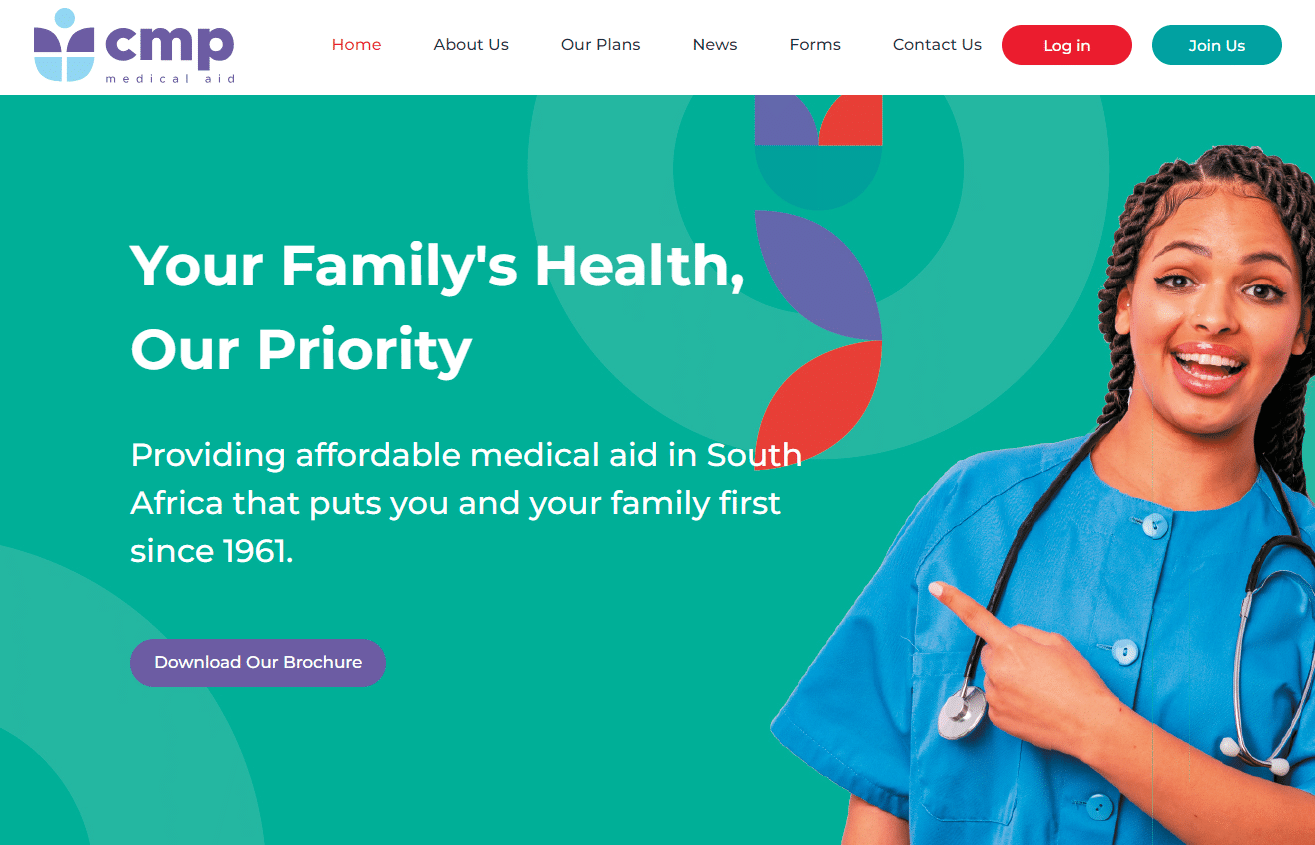
CompCare
CompCare is a well-known name in medical aid, with plans to suit a variety of lifestyles. Many people prefer them because of their commitment to transparency.
CompCare does cover Bipolar Mood Disorder.
The following CompCare Medical Aid Plans provide benefits and cover for Bipolar Mood Disorder:
- ✅ NETWORX
- ✅ SELFNET
- ✅ MEDX
- ✅ UNISAVE
- ✅ MUMED
- ✅ SELFSURE
- ✅ SYMMETRY
Benefits and Cover for Bipolar Mood Disorder is also provided via the DYNAMIX and PINNACLE Plan.

Fedhealth
Fedhealth is synonymous with healthcare innovation, providing digital tools that make medical aid management a breeze. Fedhealth covers Bipolar Mood Disorder as part of their Mental Health Programme for qualifying members.
The following Fedhealth Medical Aid Plans provide benefits and cover for Bipolar Mood Disorder:
- ✅ FlexiFED Savvy
- ✅ MyFED
- ✅ FlexiFED 1
- ✅ FlexiFED 2
- ✅ FlexiFED 3
- ✅ FlexiFED 4
Benefits and Cover for Bipolar Mood Disorder is also provided via the Maxima EXEC and Maxima Plus plans.

Genesis Medical Scheme
Genesis Medical Scheme, headquartered in Cape Town, has carved a niche in providing high-quality healthcare services in South Africa.
Genesis Medical Scheme covers Bipolar Mood Disorder. Genesis Psychiatric Solutions provides continuing medical and psychological care for those with mood swings or Bipolar Mood Disorder, according to their blog.
The following Genesis Medical Aid Plans provide benefits and cover for Bipolar Mood Disorder:
- ✅ MED-100
- ✅ MED-200
- ✅ MED-200 Plus
Benefits and Cover for Bipolar Mood Disorder is also provided via the MED-200 Plus plan.

Sizwe Hosmed
Sizwe Hosmed is a popular choice for medical aid in South Africa because of its customer-centric approach.
According to their Member Manual and Benefits Guide, Sizwe Hosmed covers Bipolar Mood Disorder. The following Sizwe Hosmed Medical Aid Plans provide benefits and cover for Bipolar Mood Disorder:
- ✅ Essential Copper
- ✅ Silver Hospital
- ✅ Access Saver-25
- ✅ Access Saver-15
- ✅ Gold Ascend
- ✅ Gold Ascend EDO
- ✅ Value
- ✅ Value Core EDO
- ✅ Plus
- ✅ Titanium Executive
Benefits and cover for Bipolar Mood Disorder is also provided via the Platinum Enhanced and Platinum Enhanced EDO Plans.
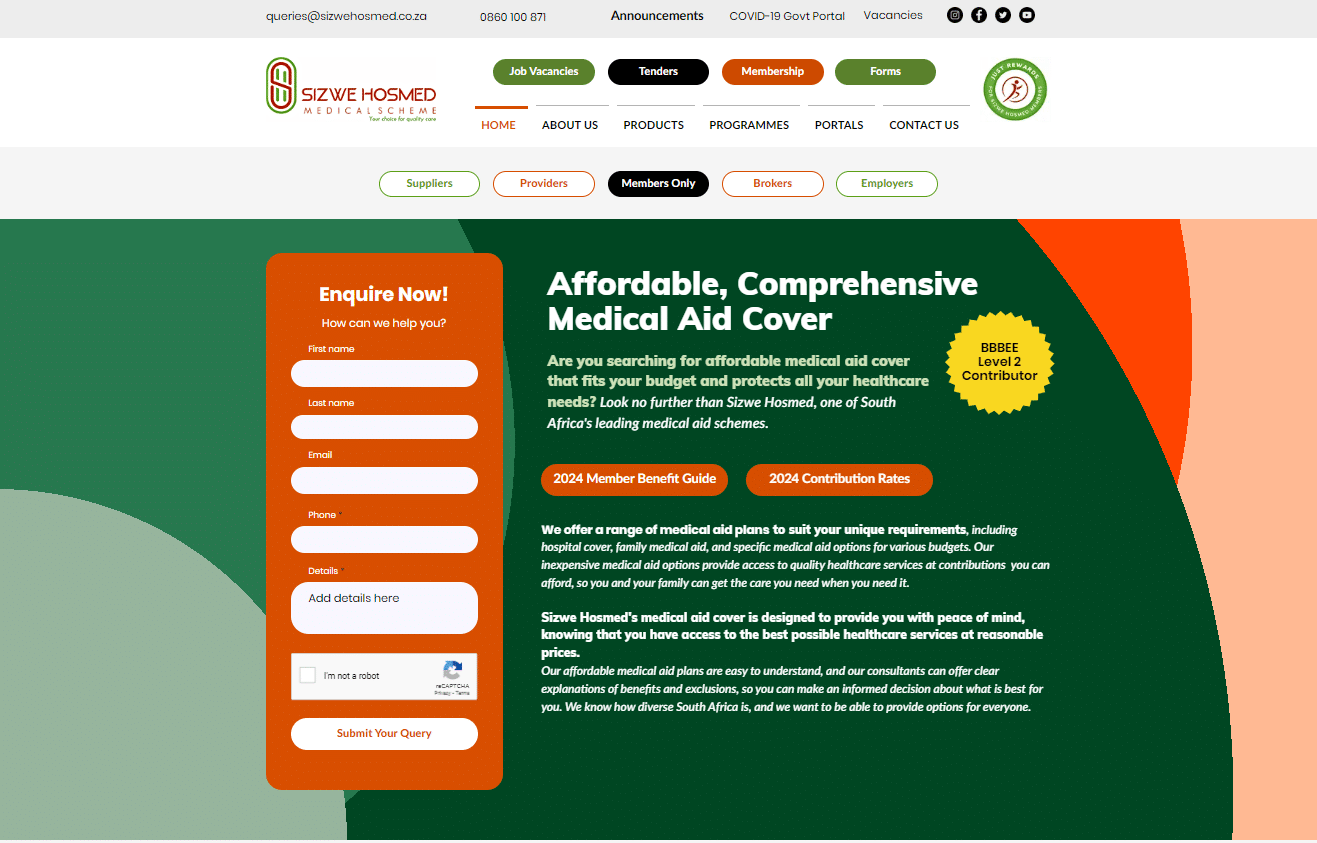
Keyhealth
Keyhealth is a compelling option in South Africa’s medical aid sector, providing a balance of quality and affordability.
Keyhealth covers Bipolar Mood Disorder as part of their list of chronic conditions. The following Keyhealth Medical Aid Plans provide benefits and cover for Bipolar Mood Disorder:
- ✅ Essence
- ✅ Origin
- ✅ Equilibrium
- ✅ Silver
- ✅ Gold
- ✅ Platinum
Benefits and Cover for Bipolar Mood Disorder is also provided via the Platinum Plan.
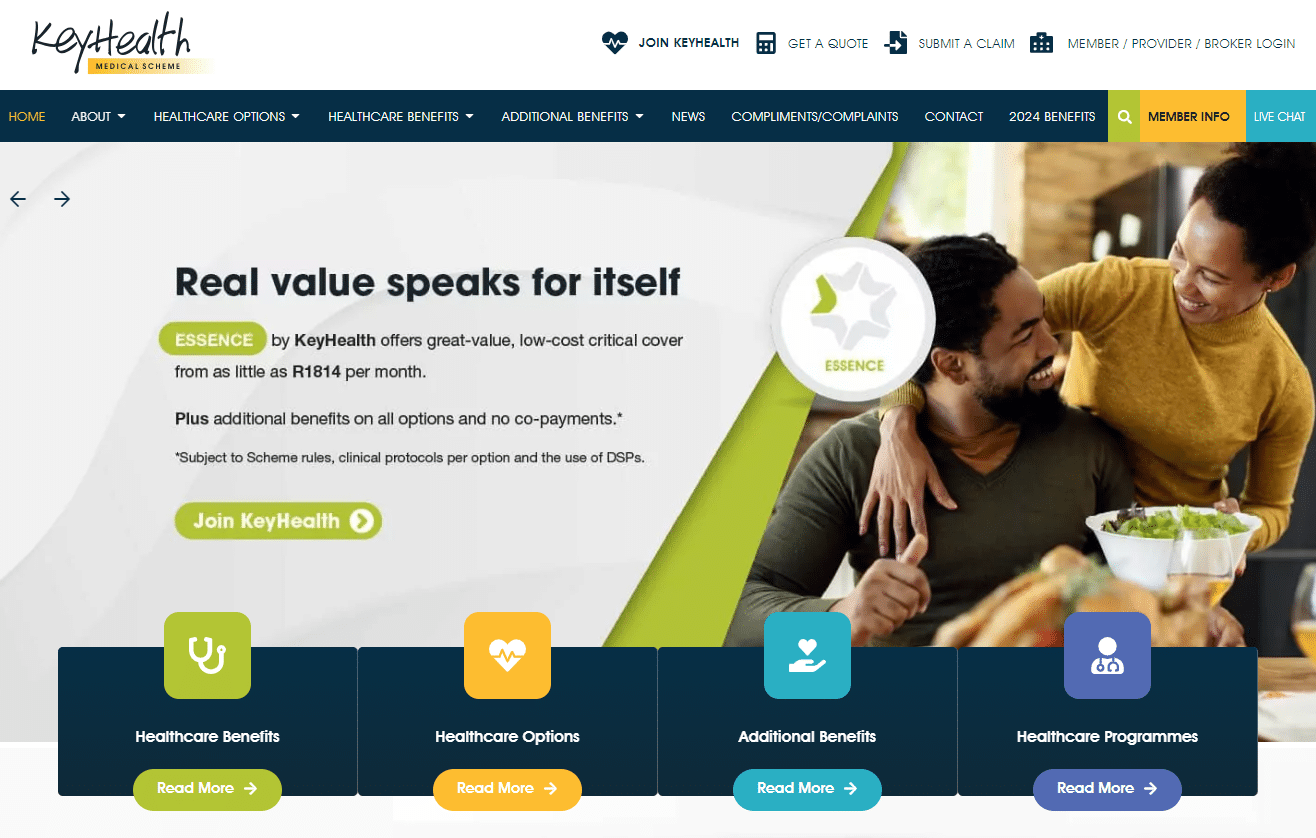
Makoti Medical Scheme
Makoti Medical Scheme has become a trusted name in medical aid due to its emphasis on local healthcare needs.
Makoti Medical Scheme covers Bipolar Mood Disorder.
The Makoti Medical Primary Option and Comprehensive Option Plans provide benefits and cover for Bipolar Mood Disorder.

Medihelp
Medihelp distinguishes itself by providing a comprehensive healthcare approach that caters to individuals and families.
Medihelp covers Bipolar Mood Disorder. Furthermore, Medihelp Healthprint identifies Bipolar Mood Disorder as a mental health issue covered by the program.
The following Medihelp Medical Aid Plans provide benefits and cover for Bipolar Mood Disorder:
- ✅ MedElect Student
- ✅ MedVital Elect
- ✅ MedVital
- ✅ MedMove!
- ✅ MedAdd Elect
- ✅ MedAdd
- ✅ MedSave
- ✅ MedElect
Benefits and Cover for Bipolar Mood Disorder is also provided via the MedElect, MedPrime Elect, MedPrime, MedElite, and, MedPlus plans.
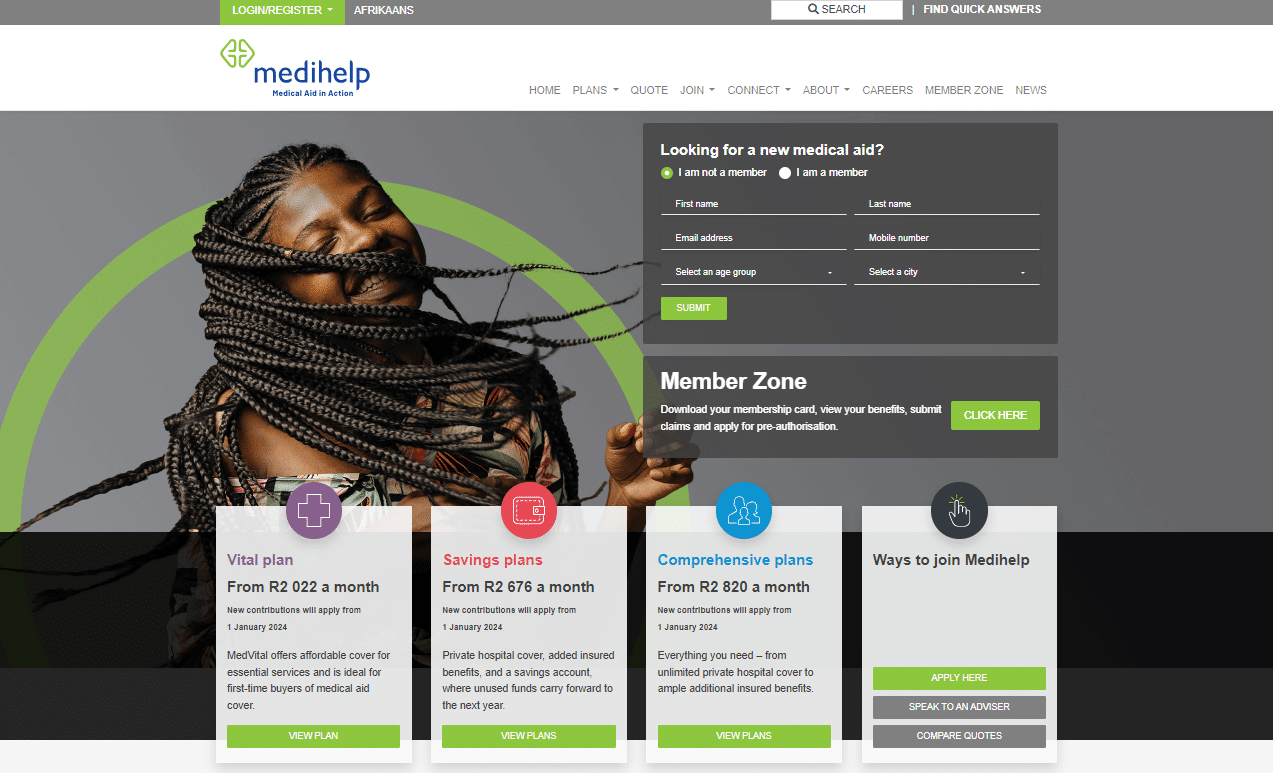
Medimed Medical Scheme
Medimed Medical Scheme aims to redefine what it means to have dependable medical aid by focusing on its members.
Medimed covers Bipolar Mood Disorder as part of their Chronic Medication Benefit.
The Medimed Medical, Medisave Essential, Alpha, Medisave Standard, and, Medisave Max Aid Plans provide benefits and cover for Bipolar Mood Disorder.
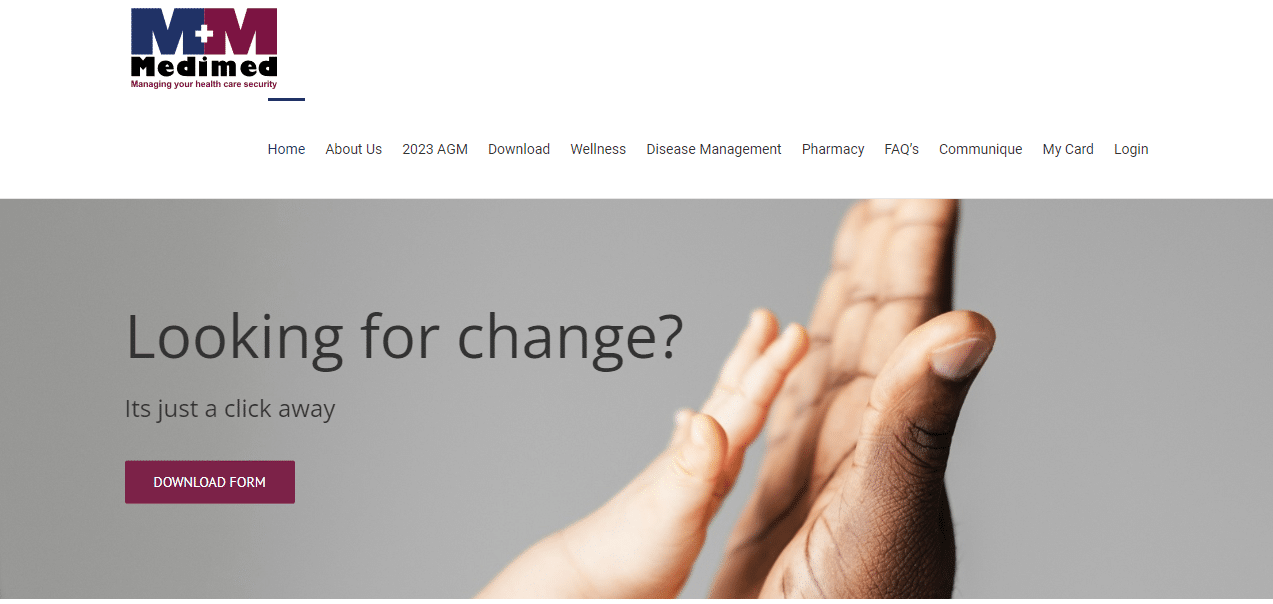
Medshield
Leading medical aid program Medshield prioritises affordable costs and thorough coverage, striking a favourable balance.
Medshield does cover Bipolar Mood Disorder as part of their Chronic Illness Cover.
The following Medshield Medical Aid Plans provide benefits and cover for Bipolar Mood Disorder:
- ✅ MediCurve
- ✅ MediPhila
- ✅ MediSwift
- ✅ MediValue
- ✅ MediValue Compact
- ✅ MediCore
and many more!
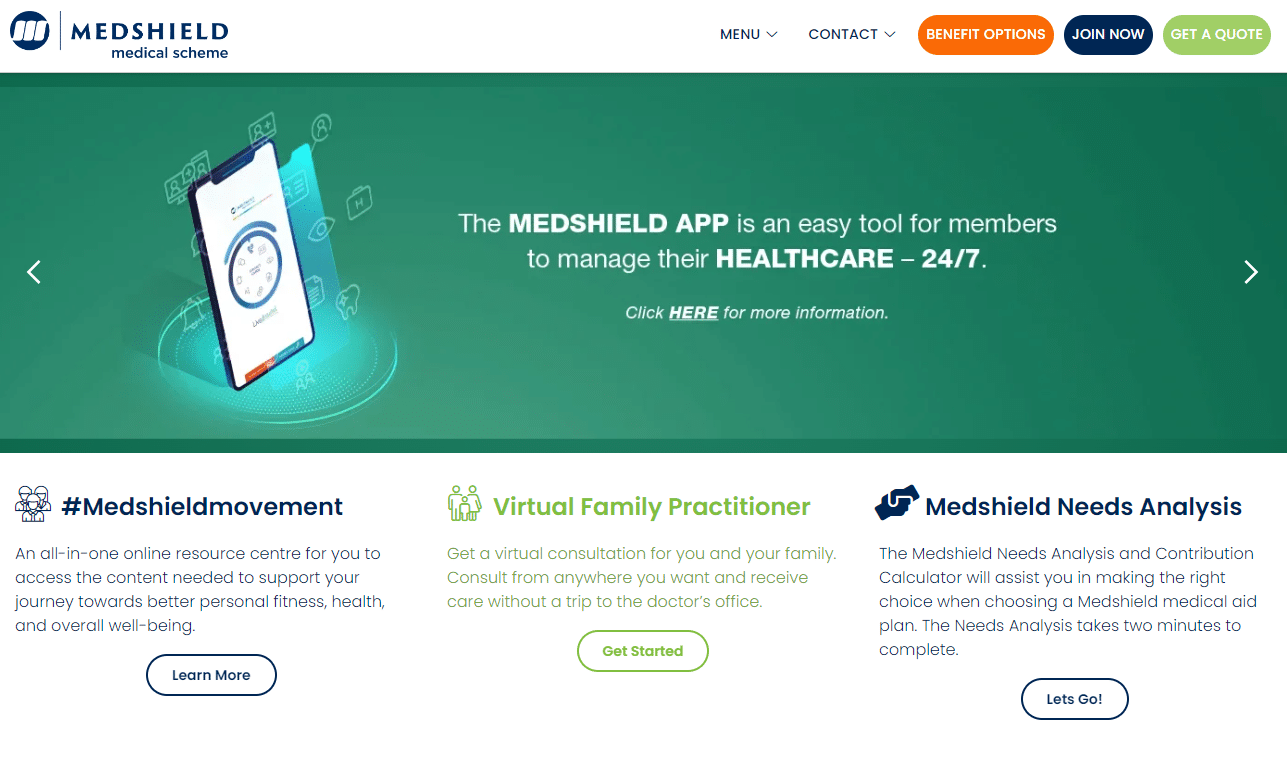
Momentum Health
Momentum Health was one of the first companies to use technology in healthcare, and its members have a great time using it.
Momentum Health covers BPD. The Momentum for Health website states that the Acute Outpatient program treats people with anxiety, depression, trauma, bipolar, and PTSD.
The following Momentum Health Medical Aid Plans provide benefits and cover for Bipolar Mood Disorder:
- ✅ Ingwe
- ✅ Evolve
- ✅ Custom
- ✅ Incentive
Benefits and Cover for Bipolar Mood Disorder is also provided via the Extender and Summit Plans.

Suremed
Suremed distinguishes itself through its dedication to high-quality healthcare, ensuring members access to the best medical care.
Suremed does cover Bipolar Mood Disorder, as indicated in their chronic medication section.
The following Suremed Health Medical Aid Plans provide benefits and cover for Bipolar Mood Disorder:
- ✅ Shuttle
- ✅ Explorer
- ✅ Navigator
Benefits and Cover for Bipolar Mood Disorder is also provided via the Challenger Plan.

Thebemed
Thebemed is a leader in making healthcare more accessible by providing medical aid solutions tailored to different needs. It goes above and beyond to provide excellent care.
Thebemed does cover Bipolar Mood Disorder as part of their chronic conditions benefits.
The following Thebemed Health Medical Aid Plans provide benefits and cover for Bipolar Mood Disorder:
- ✅ Universal EDO
- ✅ Universal
- ✅ Energy
Benefits and Cover for Bipolar Mood Disorder is also provided via the Fantasy Plan.

In Conclusion
Bipolar Disorder, a mental health illness, impact many South Africans. Bipolar Disorder is covered under various medical aid plans and this highlights its gravity and reinforces the importance of readily available affordable treatments.
Frequently Asked Questions
Does medical aid cover treatment for bipolar Disorder?
Yes, medical aid schemes in South Africa may cover bipolar disorder treatment, including medication and therapy.
What kind of treatment is available for bipolar Disorder?
Bipolar Disorder is usually treated with medication and therapy, such as cognitive-behavioral or family-focused therapy.
Can I get medical aid coverage for bipolar Disorder if I have a pre-existing condition?
Yes, Medical aid schemes in South Africa may cover pre-existing conditions. However, members may be required to disclose their condition and adhere to certain requirements, such as waiting periods or exclusions.
Where do bipolar people go for help?
Individuals with bipolar Disorder frequently seek diagnosis and treatment from mental health professionals such as psychiatrists, psychologists, or therapists. Support groups and community mental health services are also excellent sources of information.
What is the best medicine for bipolar?
Although there is no one-size-fits-all medication for bipolar Disorder, mood stabilisers such as Lithium are frequently prescribed. The specific symptoms often determine the medication used and may include antipsychotics, antidepressants, and mood stabilisers.
What is the best mood stabiliser for bipolar?
According to resources, Lithium is frequently regarded as the most effective mood stabiliser for treating both manic and depressive episodes in bipolar Disorder. However, effectiveness varies from person to person, and other medications, such as valproate or lamotrigine, may be advised.
Why is bipolar worse at night?
Bipolar symptoms may worsen at night due to circadian rhythm disruptions, which can affect mood regulation. Sleep deprivation or poor sleep quality can also aggravate symptoms.
What time of the year is bipolar worse?
Seasonal changes can affect bipolar Disorder, with symptoms frequently worsening during winter due to decreased sunlight and changes in sleep patterns. However, some people may experience increased symptoms during the spring and summer.
What should bipolar people avoid?
Individuals with bipolar disorder should avoid triggers such as substance abuse, sleep deprivation, and high-stress situations, as these can exacerbate symptoms. Avoiding making drastic changes to your medication without first consulting with your doctor is also a good idea.
Can you live with bipolar without medication?
While it is technically possible to live without medication for bipolar Disorder, it is generally not recommended due to the risk of severe mood episodes. A comprehensive treatment plan that includes medication and psychotherapy is usually the most effective way to manage symptoms.
What kind of mental health support is available through medical aid?
Mental health benefits, such as coverage for therapy or counseling sessions, as well as access to mental health resources and support groups, may be provided by medical aid schemes.


